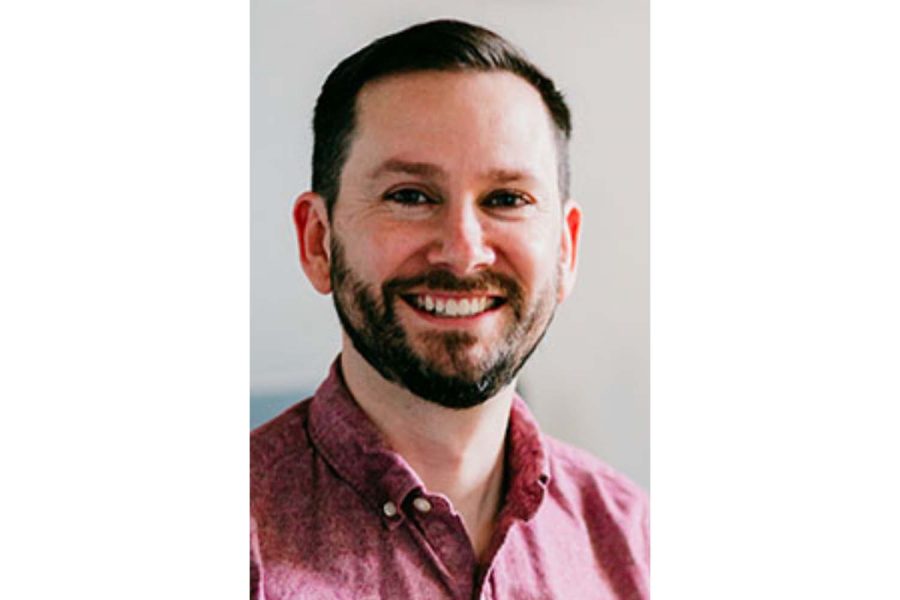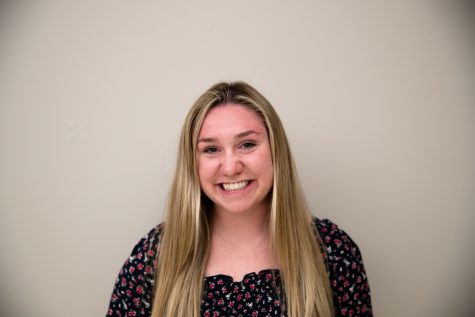Q&A | UI director of the Couple and Family Therapy program talks navigating family gathering during the pandemic
Jacob Priest, a UI associate professor of psychology, helps answer some tough questions about how to interact with family this holiday season.
Contribited Photo of University of Iowa Associate Professor of Psychological and Quantitative Foundations, Jacob Priest.
December 2, 2021
As winter break approaches for University of Iowa students, and families gather for holiday festivities, conservations that could be considered sensitive or driven by politics may be on the horizon.
Jacob Priest, UI associate professor of psychological and quantitative foundations and director of the couple and family therapy program in the College of Education, sat down with the DI to explain how to navigate family relationships and setting boundaries during the holiday.
The Daily Iowan: Is COVID-19 a sensitive topic that should be discussed over the holidays?
Priest: I think conversations around COVID-19 can be very sensitive and the conversations about it should have probably taken place way before the holidays. Often lots of folks like to get together for the holidays, and if that’s the case and there’s discrepancies about safety protocols you follow when it comes to COVID, I think it is important to have those conversations as early and as often as possible.
The DI: What are some difficult conversations that can be brought up during the holidays?
Priest: When it comes to families getting together, there can be lots of difficult conversations. We always think about political differences, that’s really stressful. Family relationships extend across time, and we bring relational history with us when we go to have these difficult conversations. Difficult conversations are important, bringing them up around the holidays may not be the best idea.
The DI: There is no doubt that college can be difficult, and students get asked how they are doing at school. How would you suggest students give an answer to this question if this has been a harder year or semester during the pandemic?
RELATED: Johnson County mail services urge consumers to place online orders before holidays
Priest: That depends on the relationship, if it is somebody that you want to let in, that you feel safe with, I think it is important to be open and transparent about what is going on. We need support from the people we love. Using language to keep them at arm’s length, we can miss out on support that we can use to better our experience, people we could lean on when we are struggling. If it’s someone you don’t trust, it’s okay to use that distance language.
The DI: Other things that are sometimes difficult during the holiday season are mental health disorders and seasonal depression, how can families help be supportive of these disorders during the holidays?
Priest: When it comes to mental health, take it seriously. If you or a loved one do struggle with mental health concerns, create a team of support, connect yourself with a therapist or primary care advisor who can build this treatment team that can really help you navigate this. If you have a family member who you know struggles with mental health issues around the holidays, I think it is important to address that early. We want them to feel welcome, but not obligated to be here. If it becomes overwhelming or too much, let them know they should feel free to take a step back.
The DI: What are good ways for families to build connections around the holidays?
Priest: I am a big fan of family rituals, or things that you do year after year that build memories. Having those and looking forward to those can really create the sense of connection.















